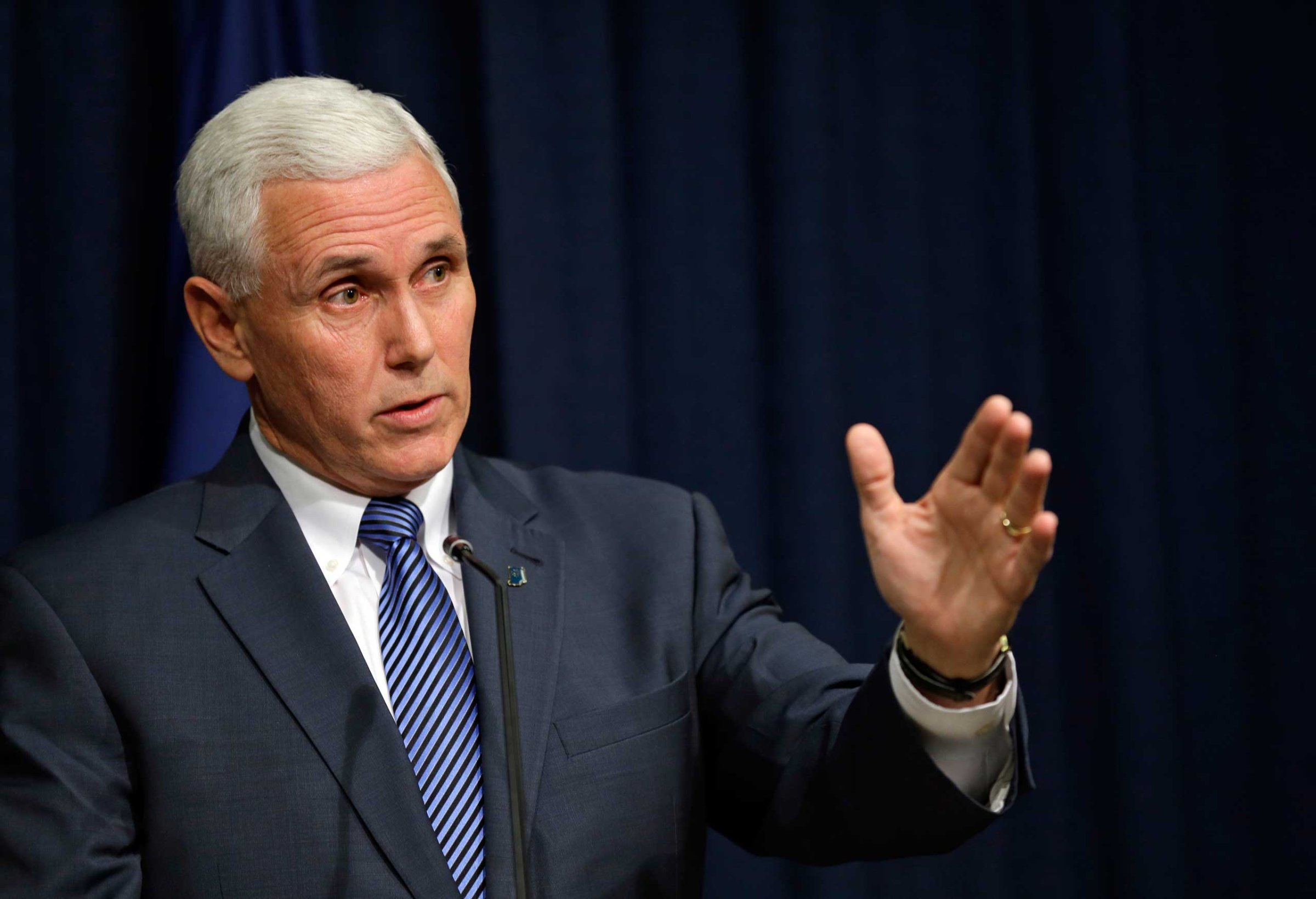
The deepening controversy over Indiana’s new religious-freedom law became a litmus test for the 2016 GOP primary field on Monday, as a host of presidential hopefuls leaped to the defense of embattled Hoosier State Governor Mike Pence for signing the statute.
Likely Republican candidates Jeb Bush, Marco Rubio, Bobby Jindal and Rick Santorum — as well as newly declared candidate Ted Cruz — each defended Pence for supporting Indiana’s Religious Freedom Restoration Act, which has drawn sharp criticism from civic and business leaders across the country and reignited a debate within the GOP about how the party should handle divisive social issues.
The Republican contenders who weighed in sided with Pence, who party strategists say could still emerge as a White House contender himself. The cascade of support was a clear sign of the importance of the issue for the party’s social conservatives, who have increasingly rallied behind the cause as voters and the courts moved to legalize same-sex marriage in states around the country.
In an interview with conservative radio host Hugh Hewitt Monday evening, Bush said he believes Pence “has done the right thing.”
“I think if they actually got briefed on the law, they wouldn’t be blasting this law,” Bush, the former governor of Florida, said of the law’s critics. “Florida has a law like this. Bill Clinton signed a law like this at the federal level. This is simply allowing people of faith space to be able to express their beliefs. To be able to be people of conscience. I think once the facts are established, people aren’t going to see this as discriminatory at all.”
See the 2016 Candidates Looking Very Presidential
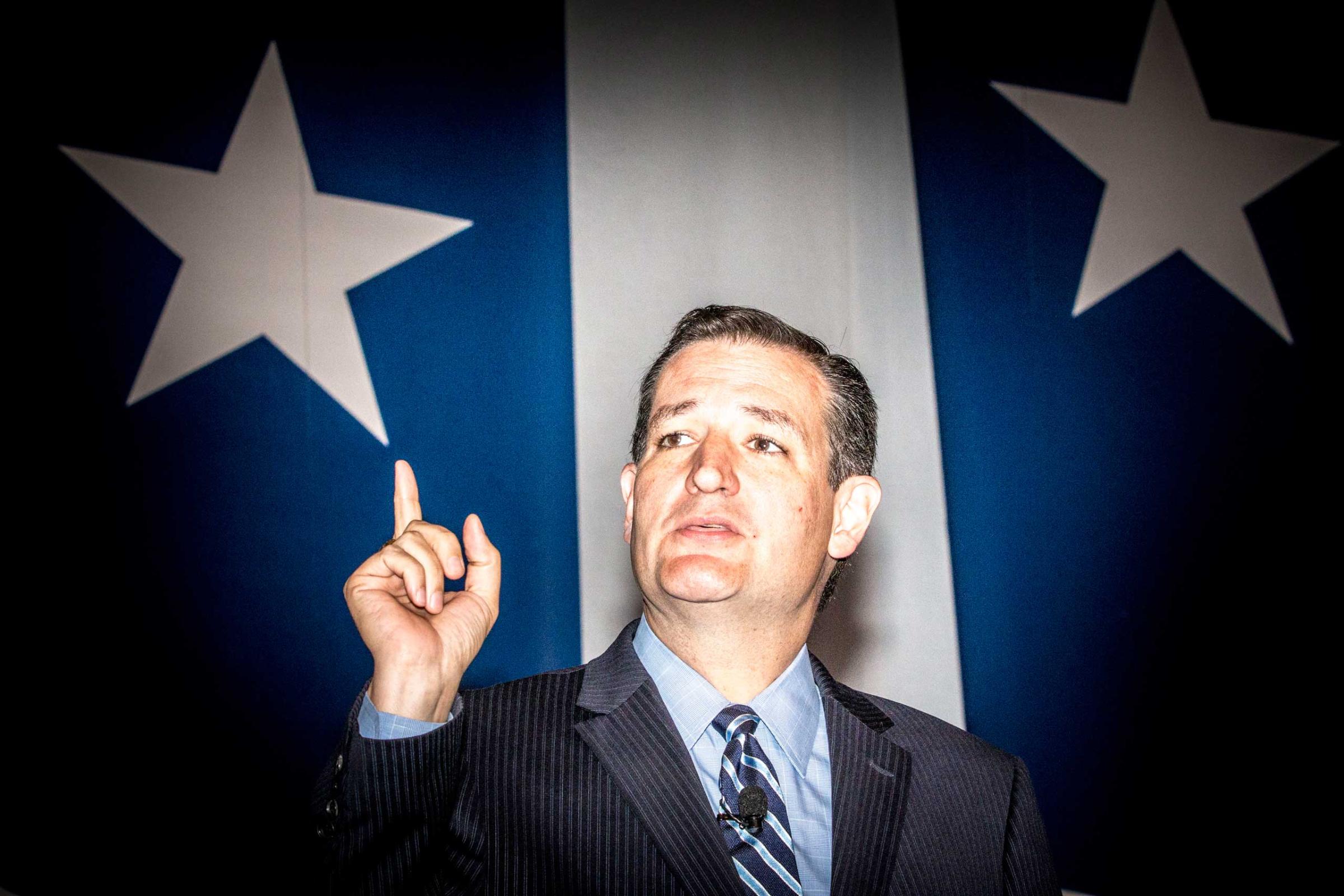
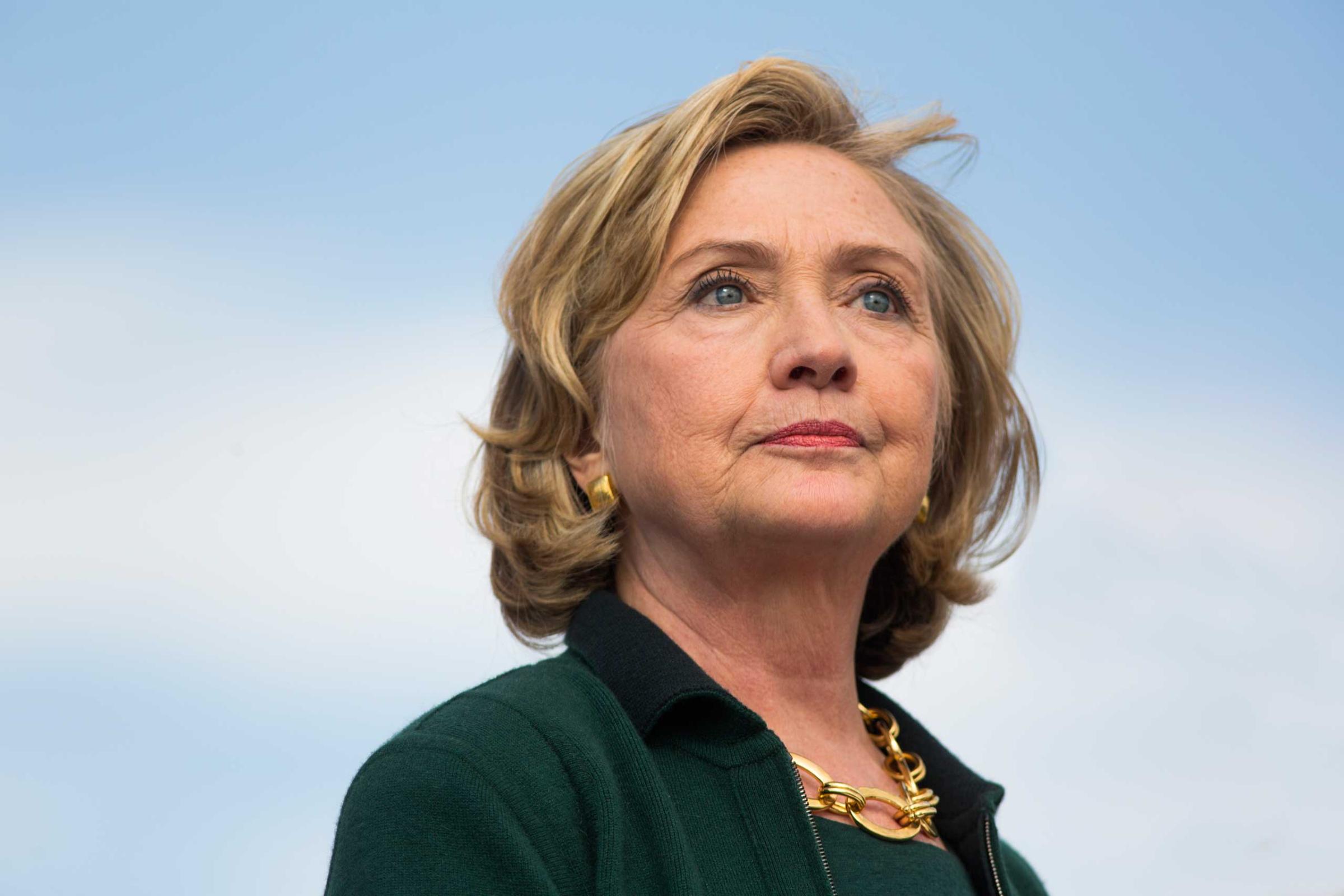
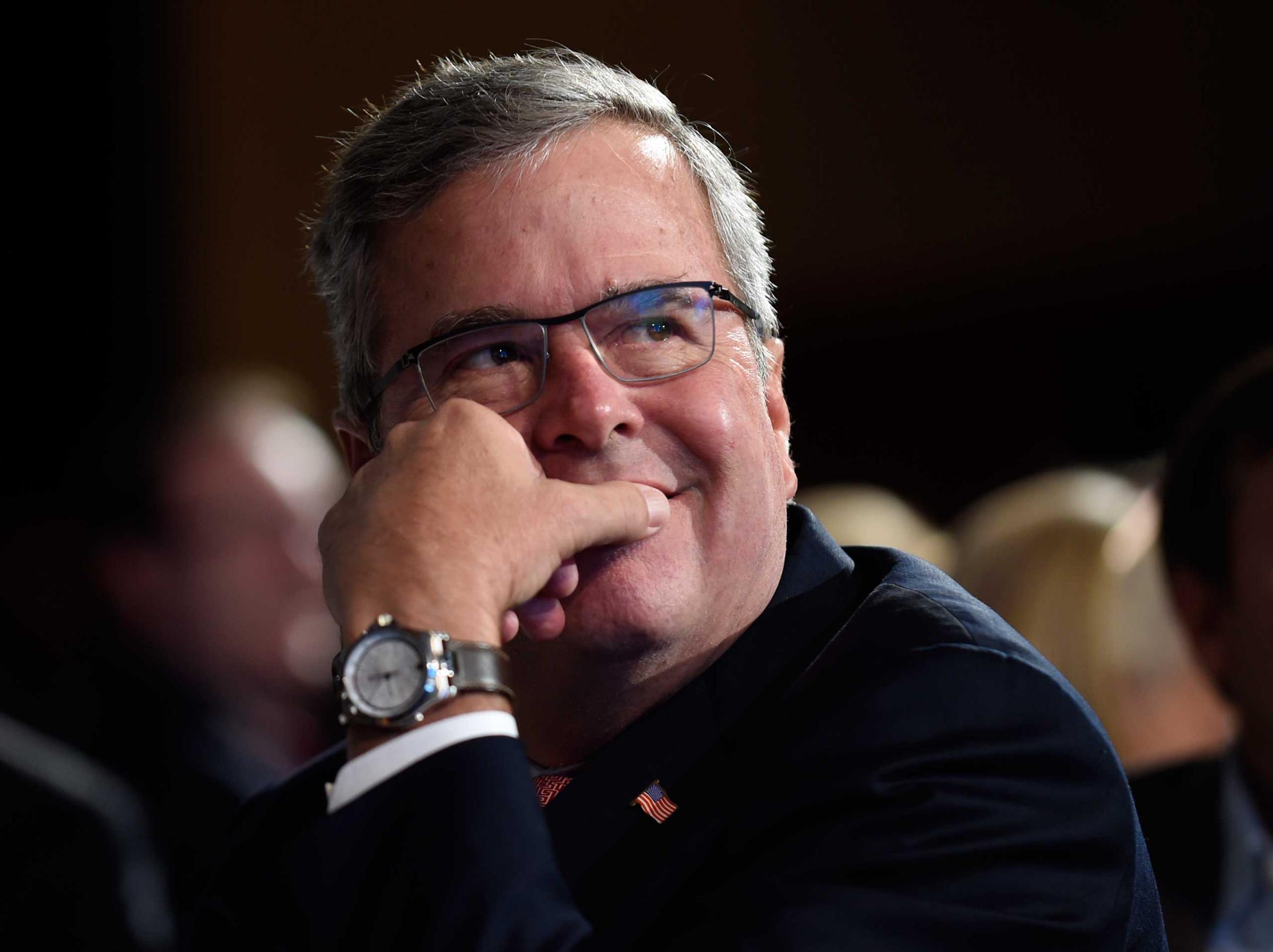
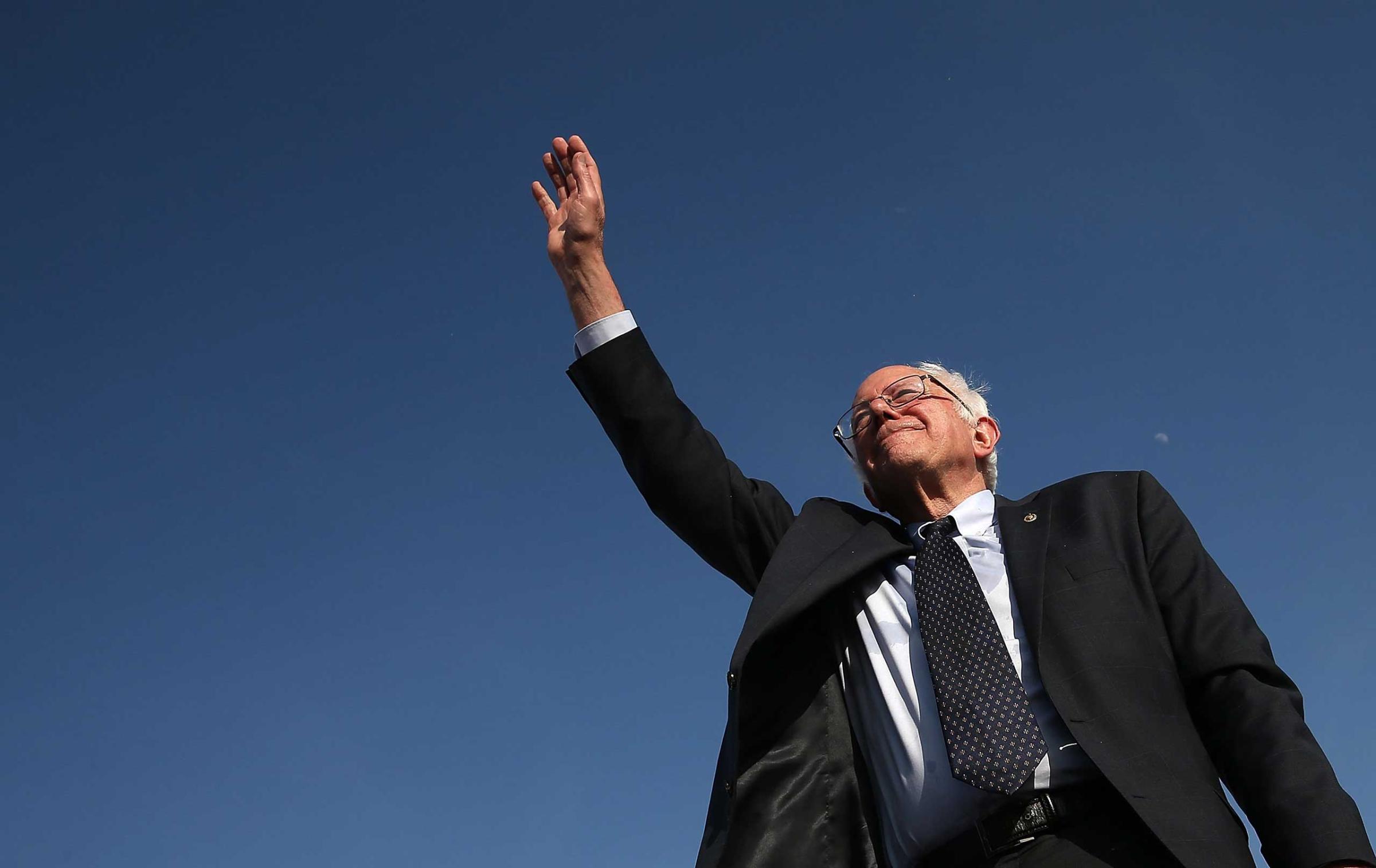
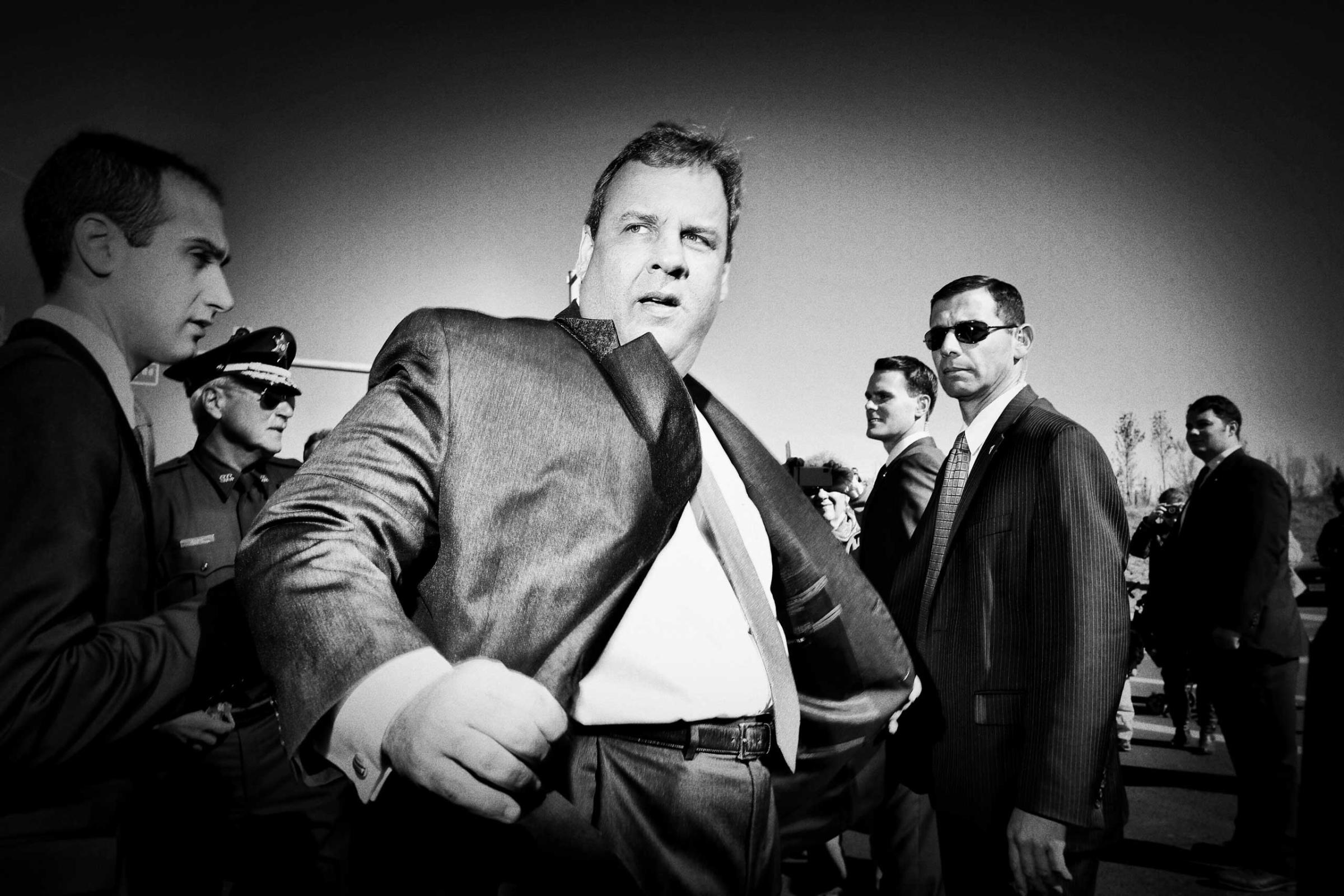
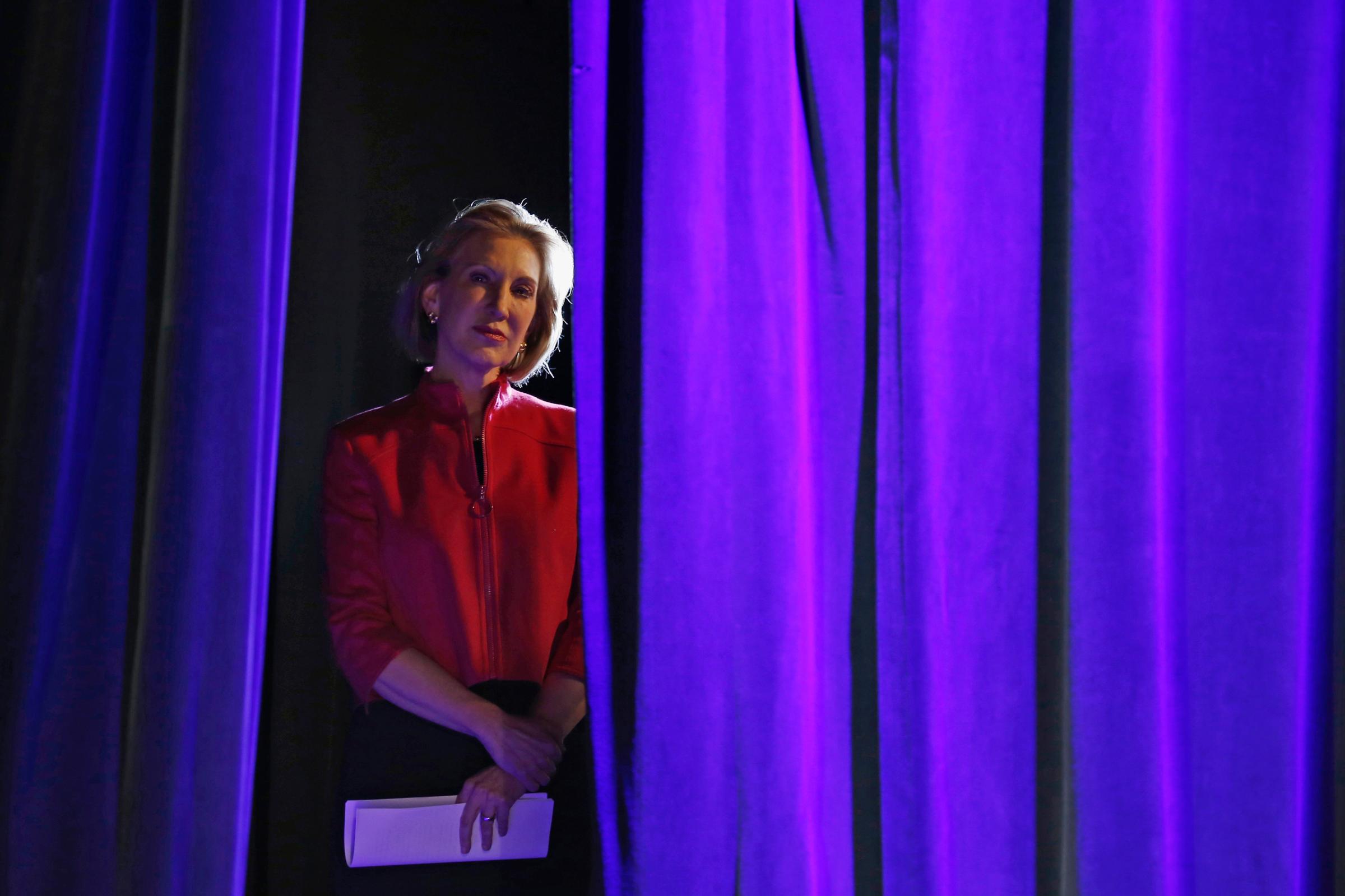
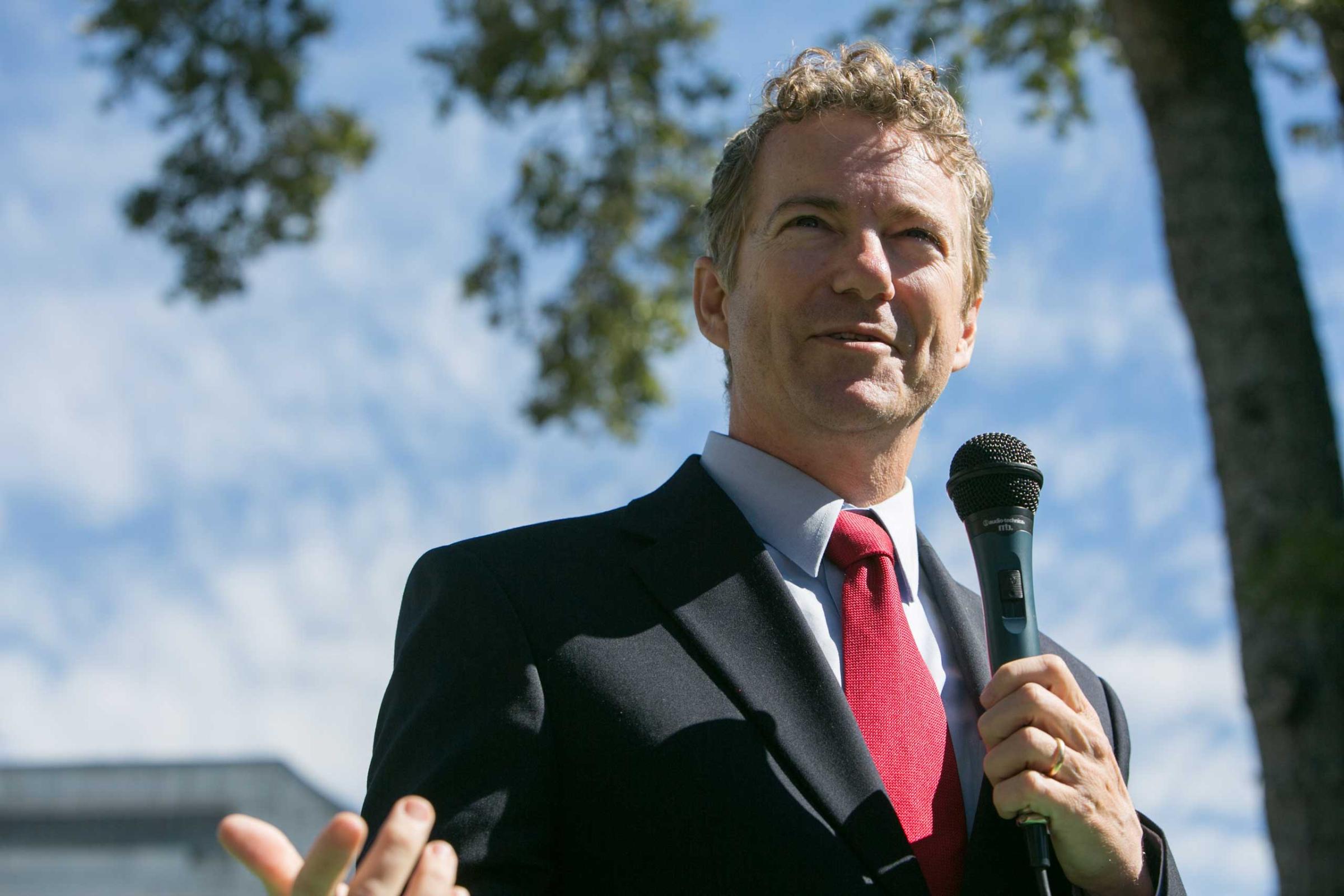

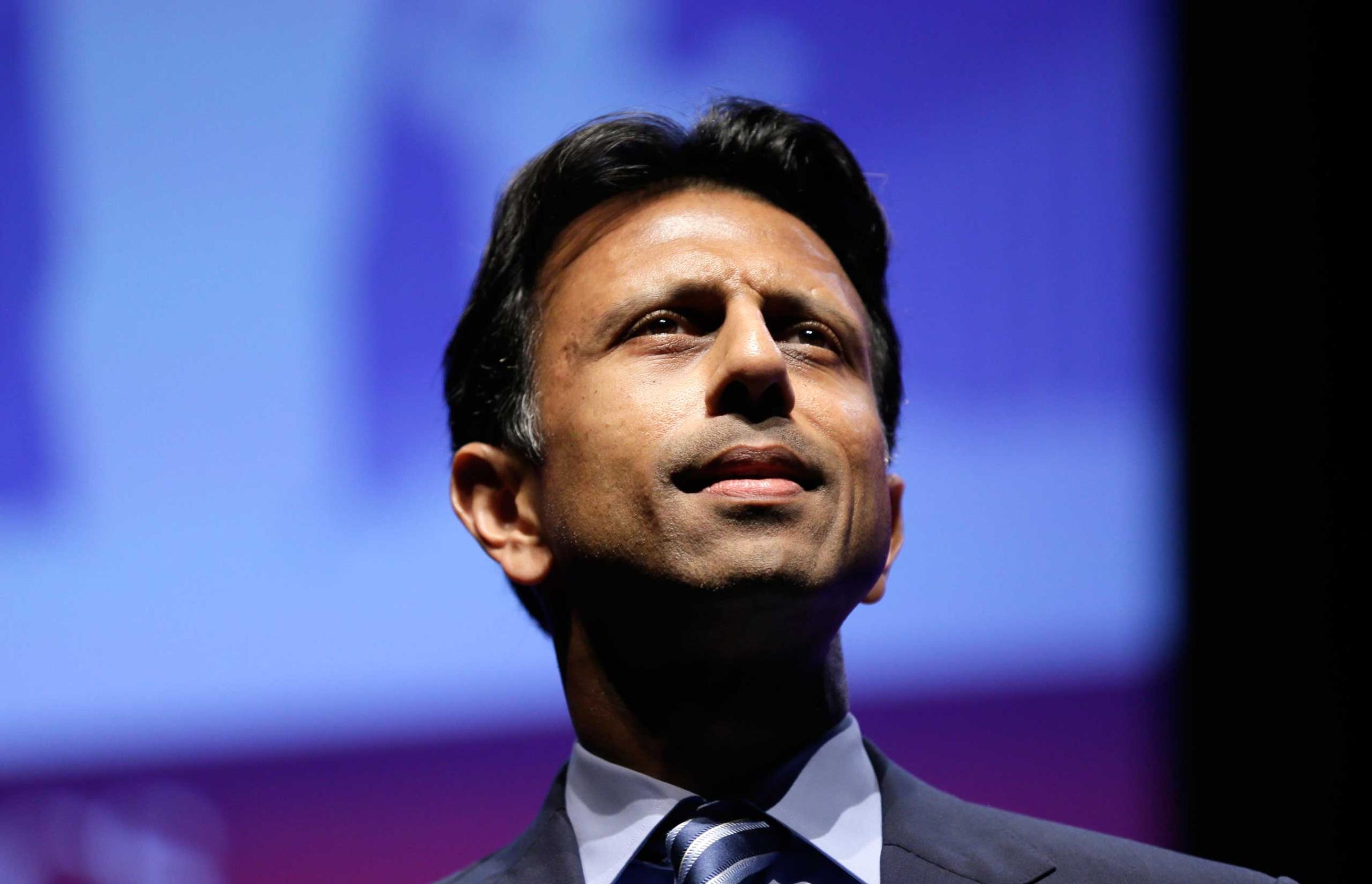
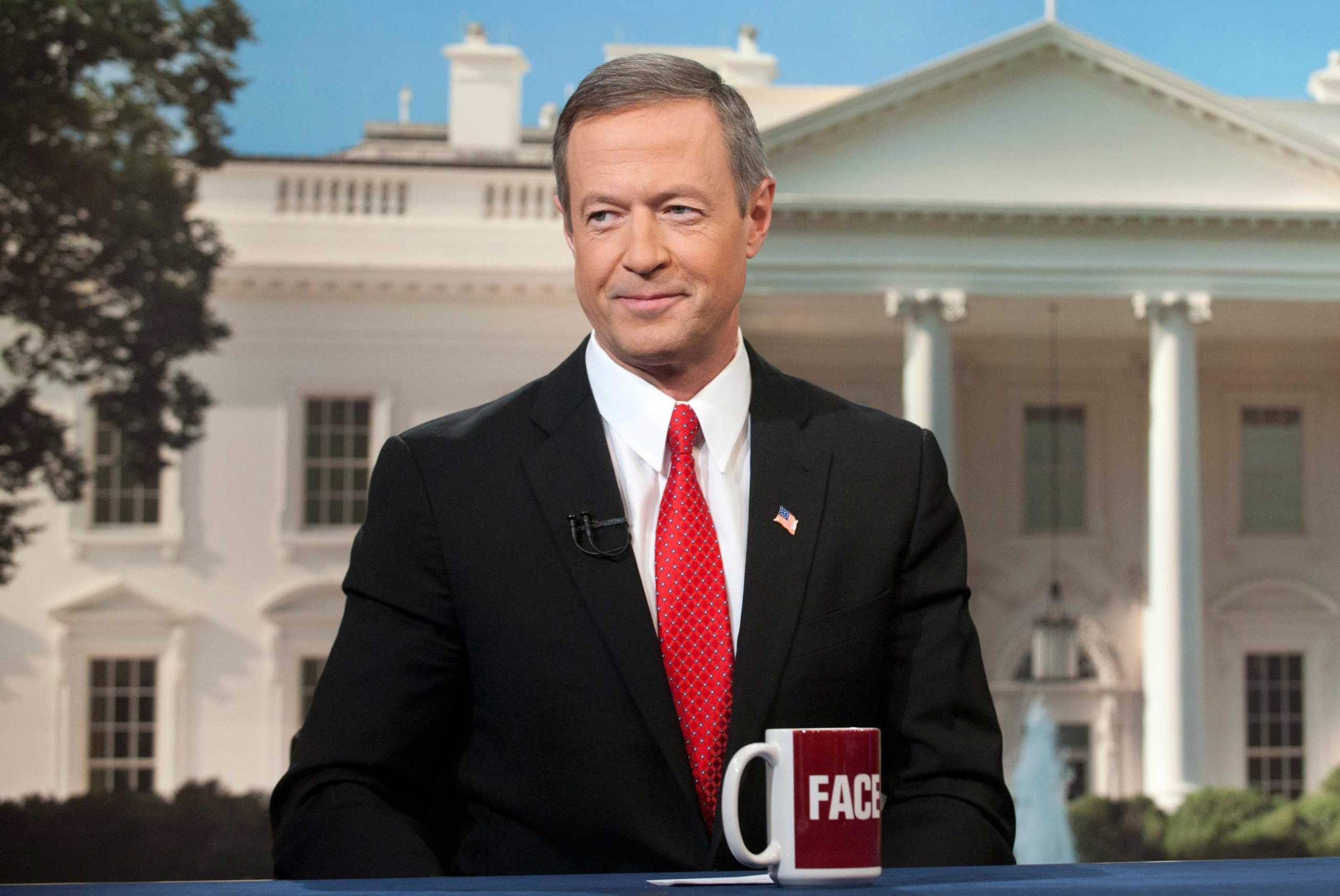
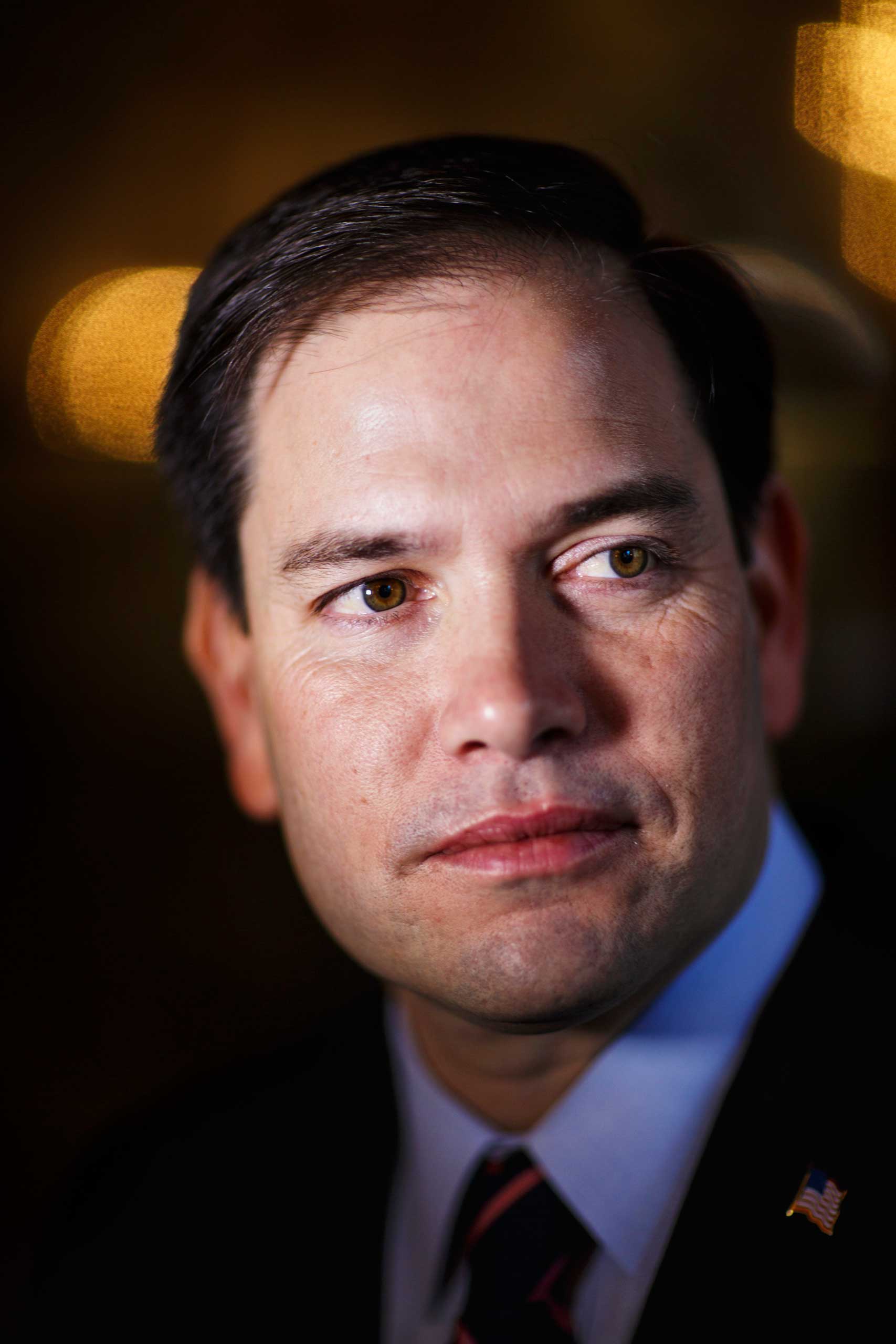
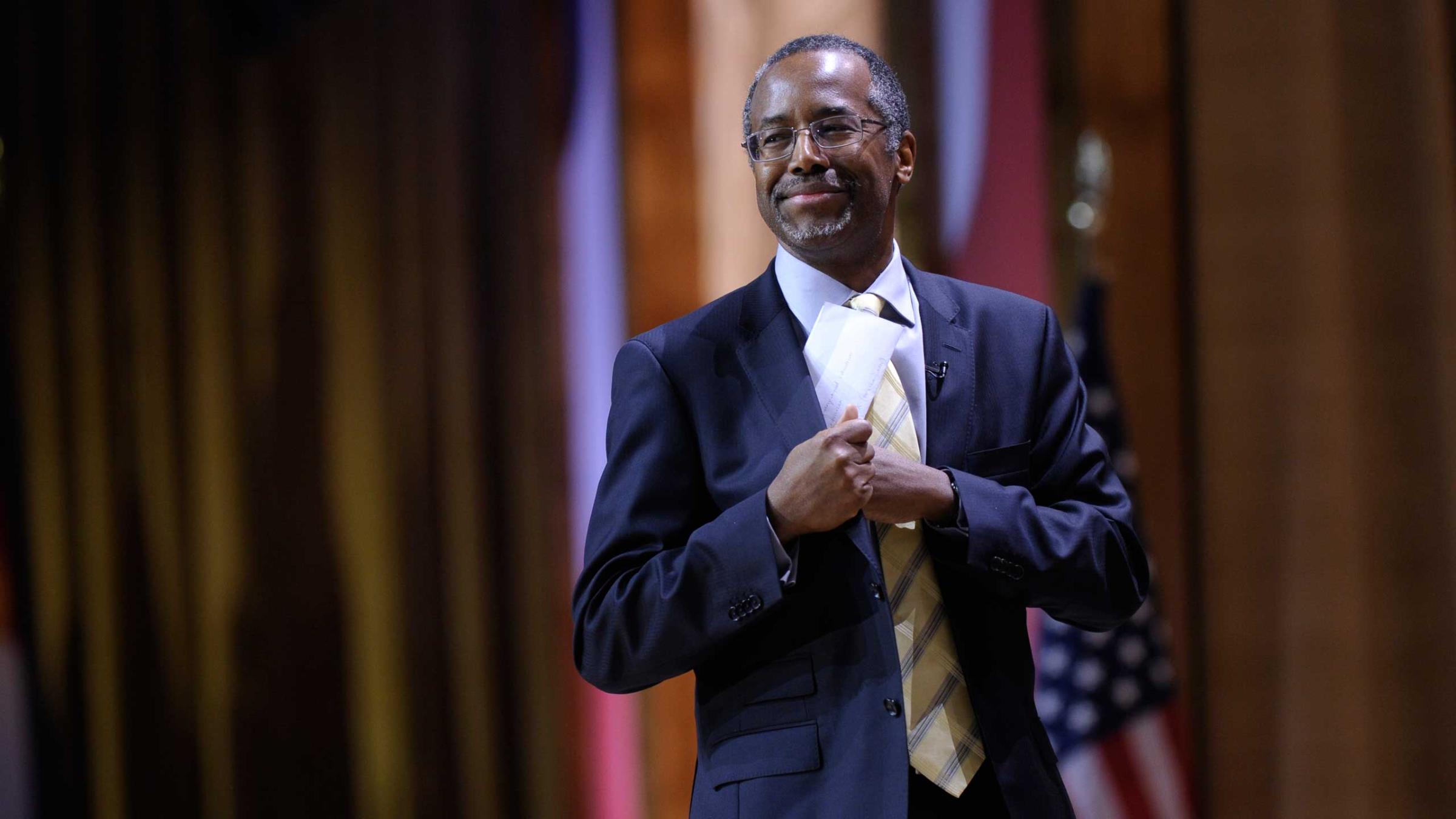
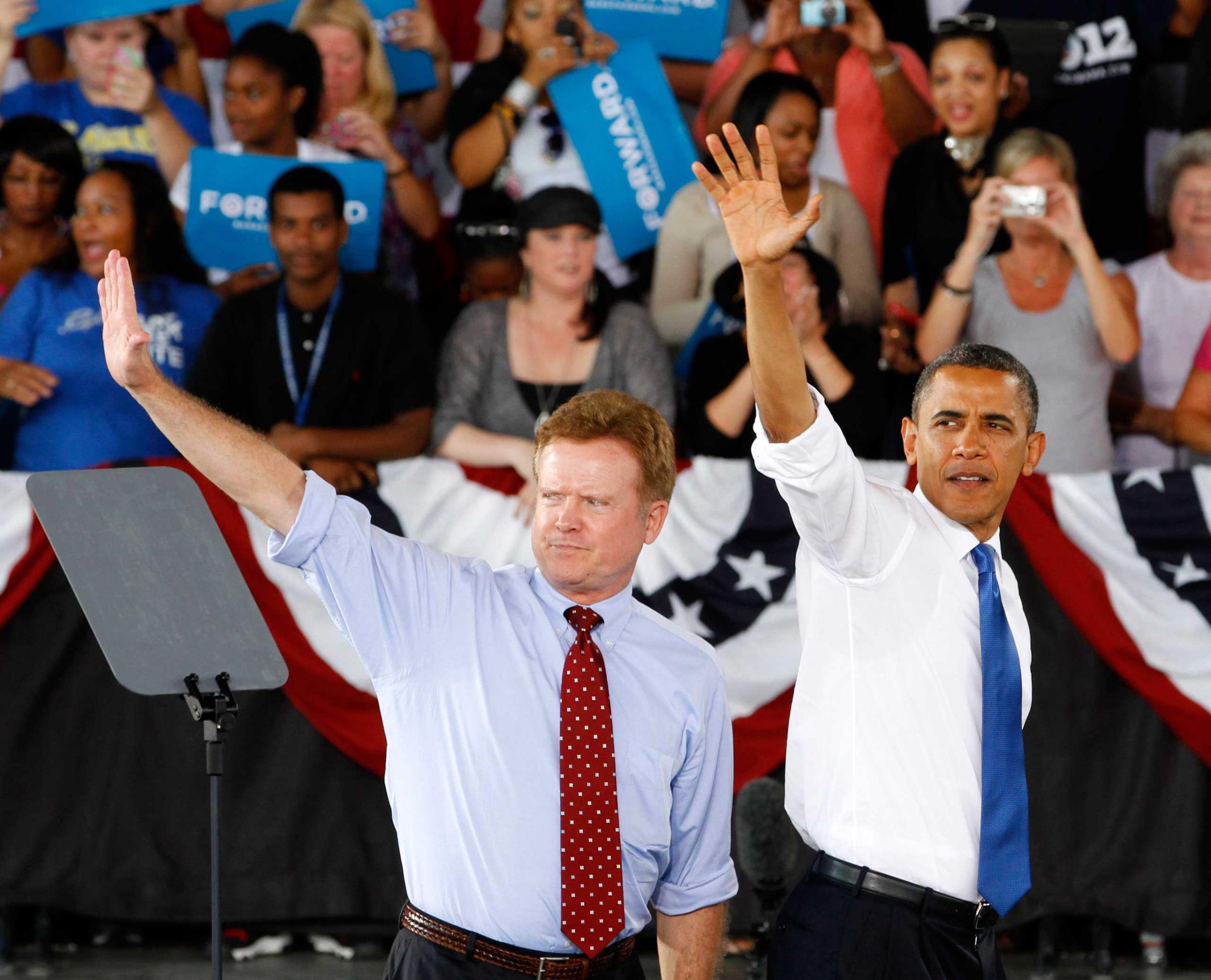
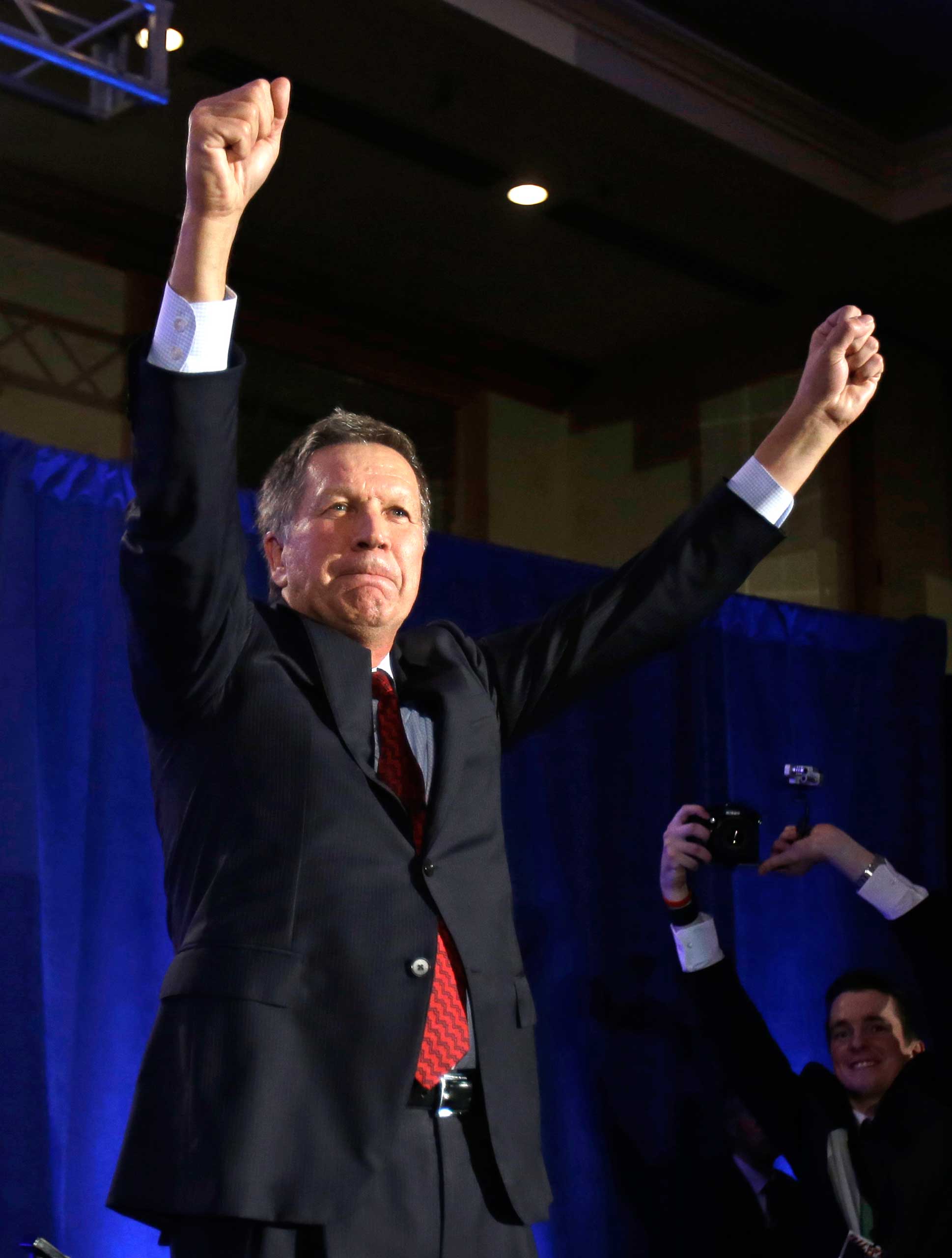
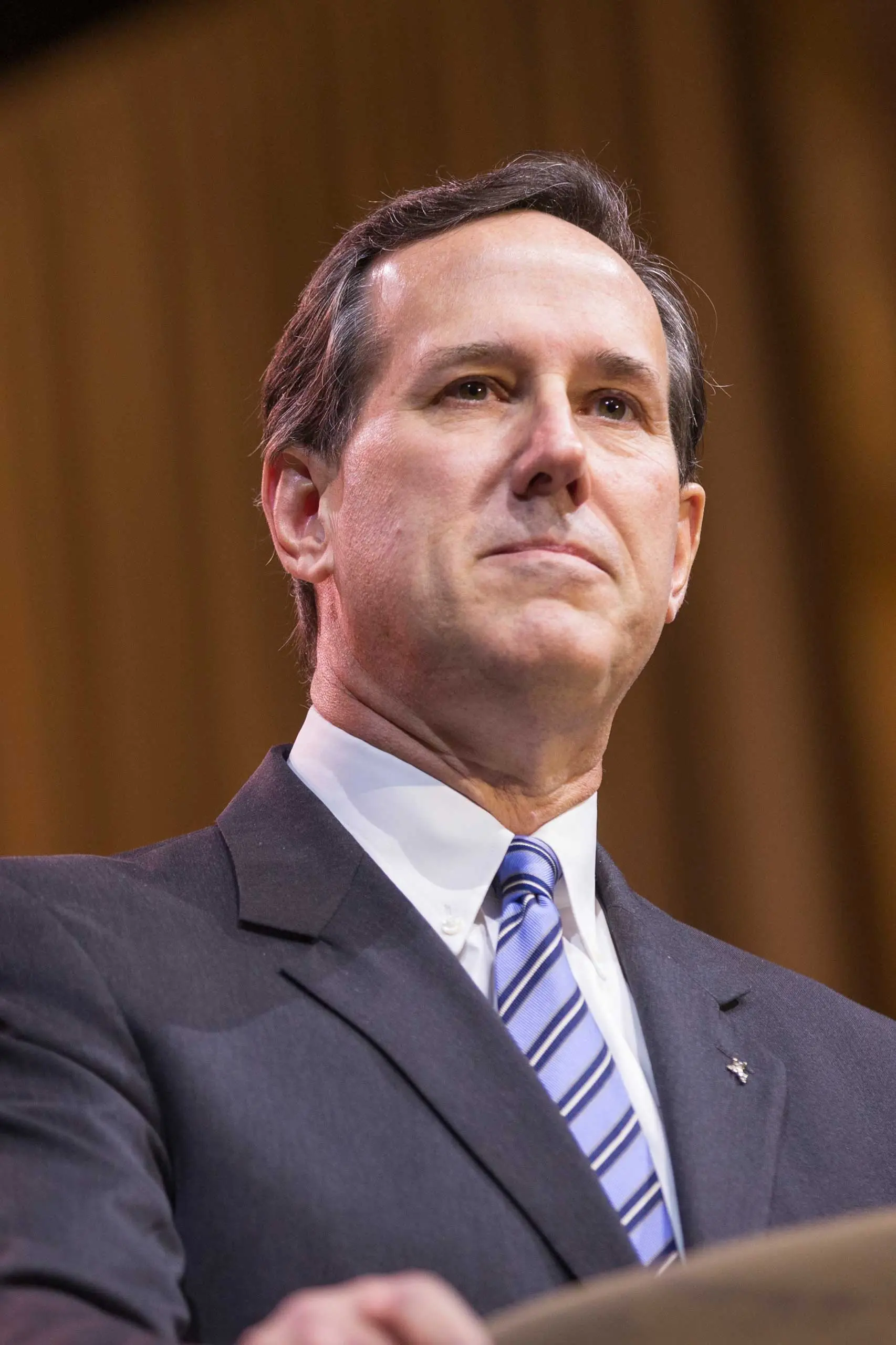
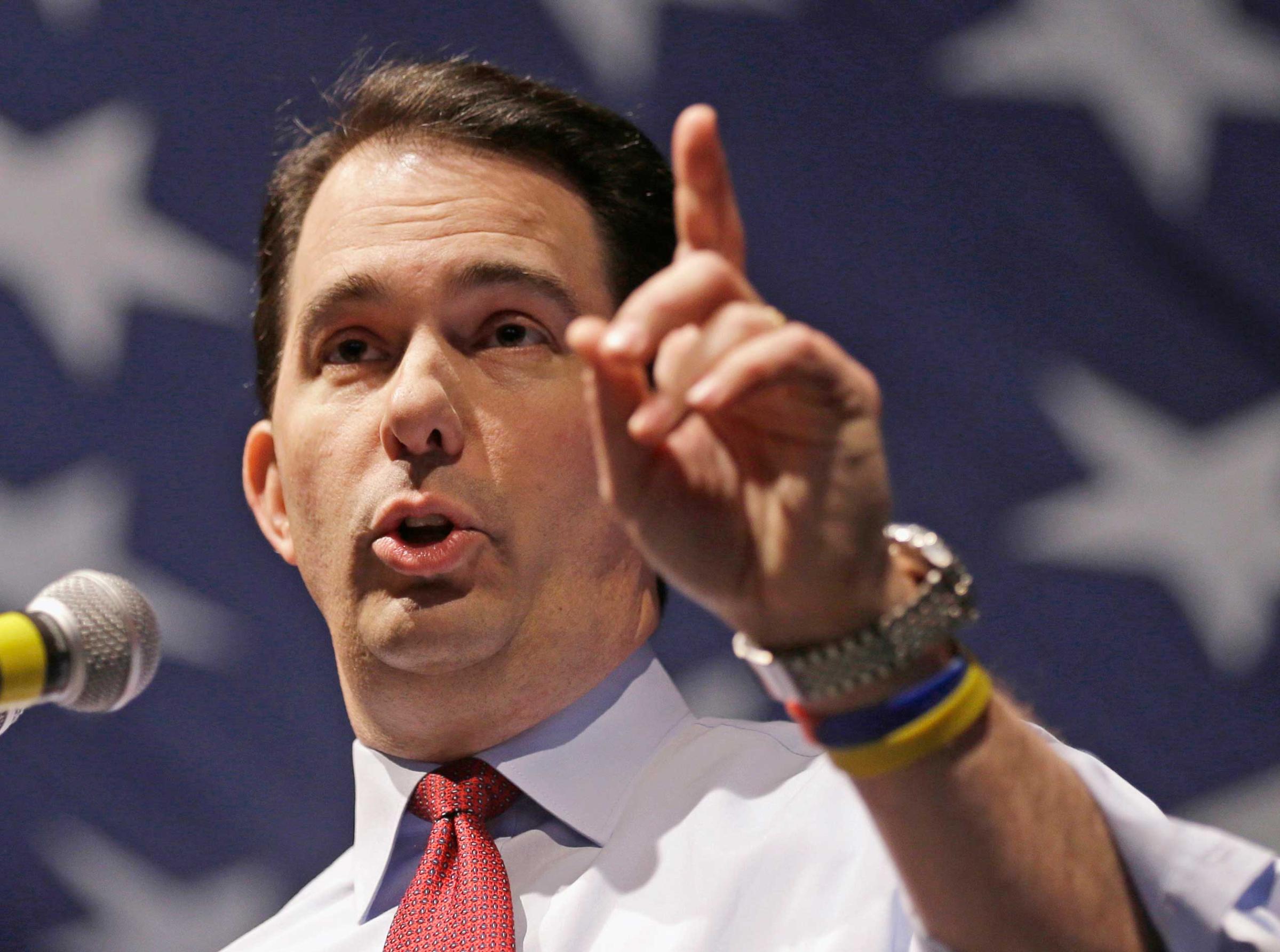

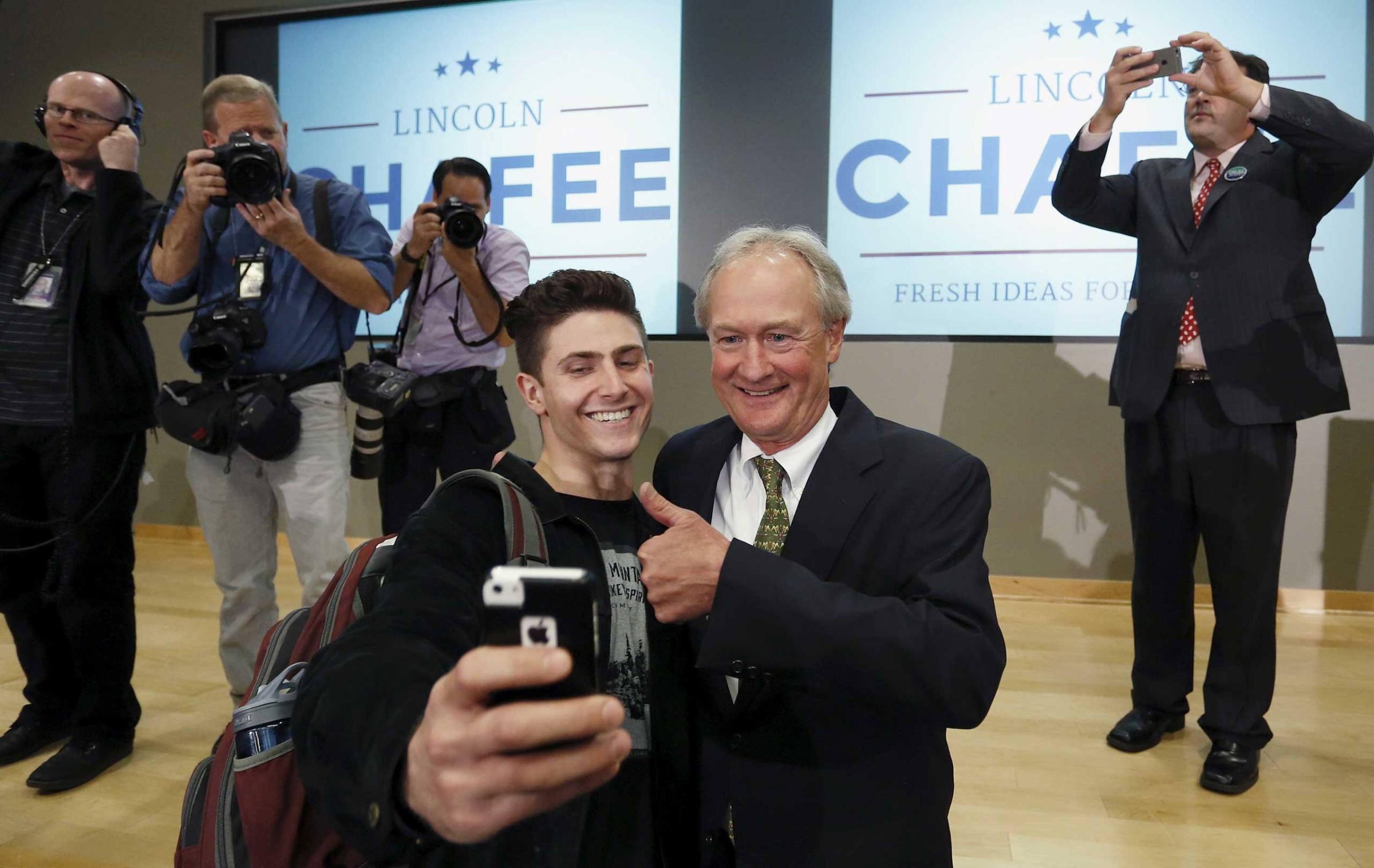
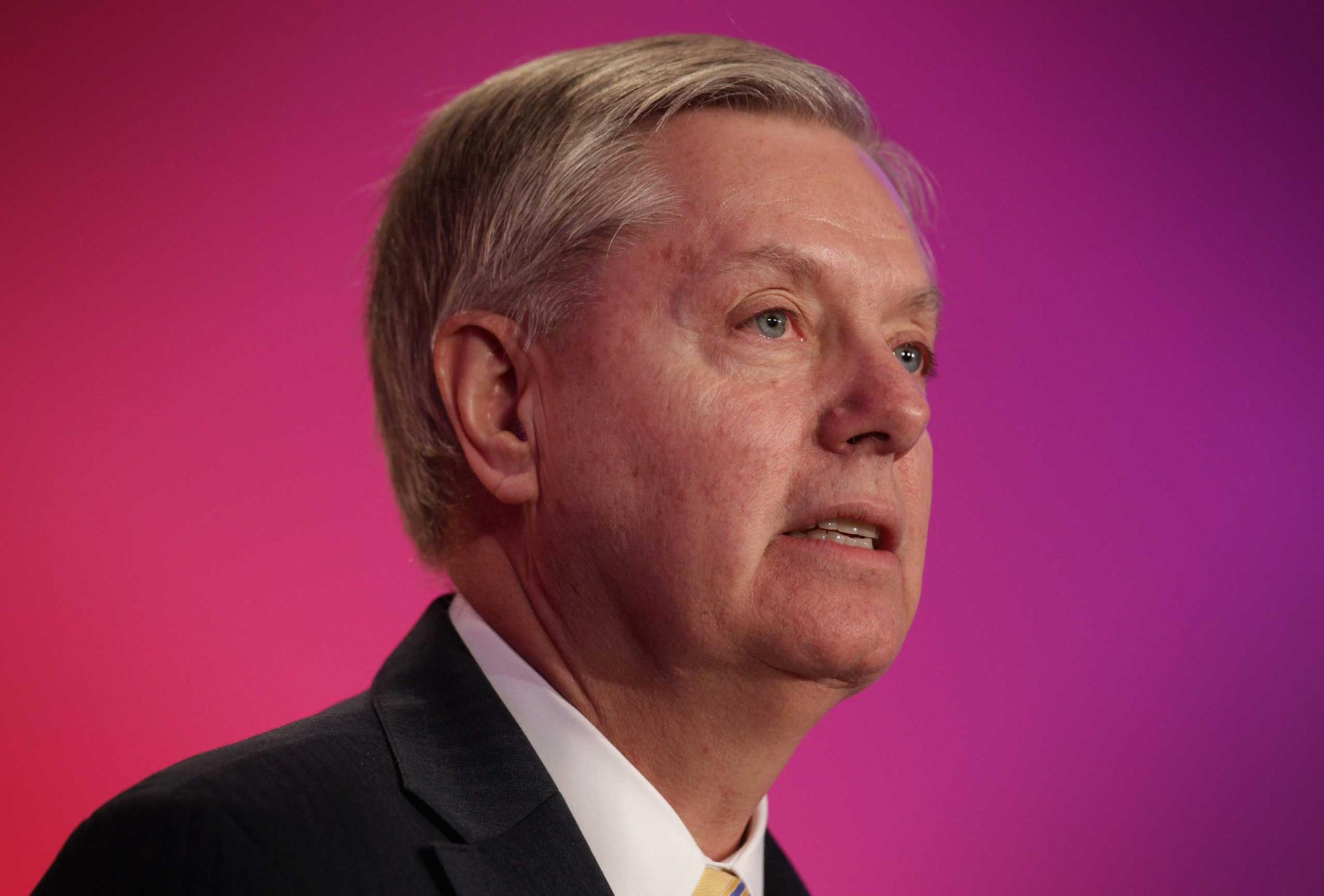
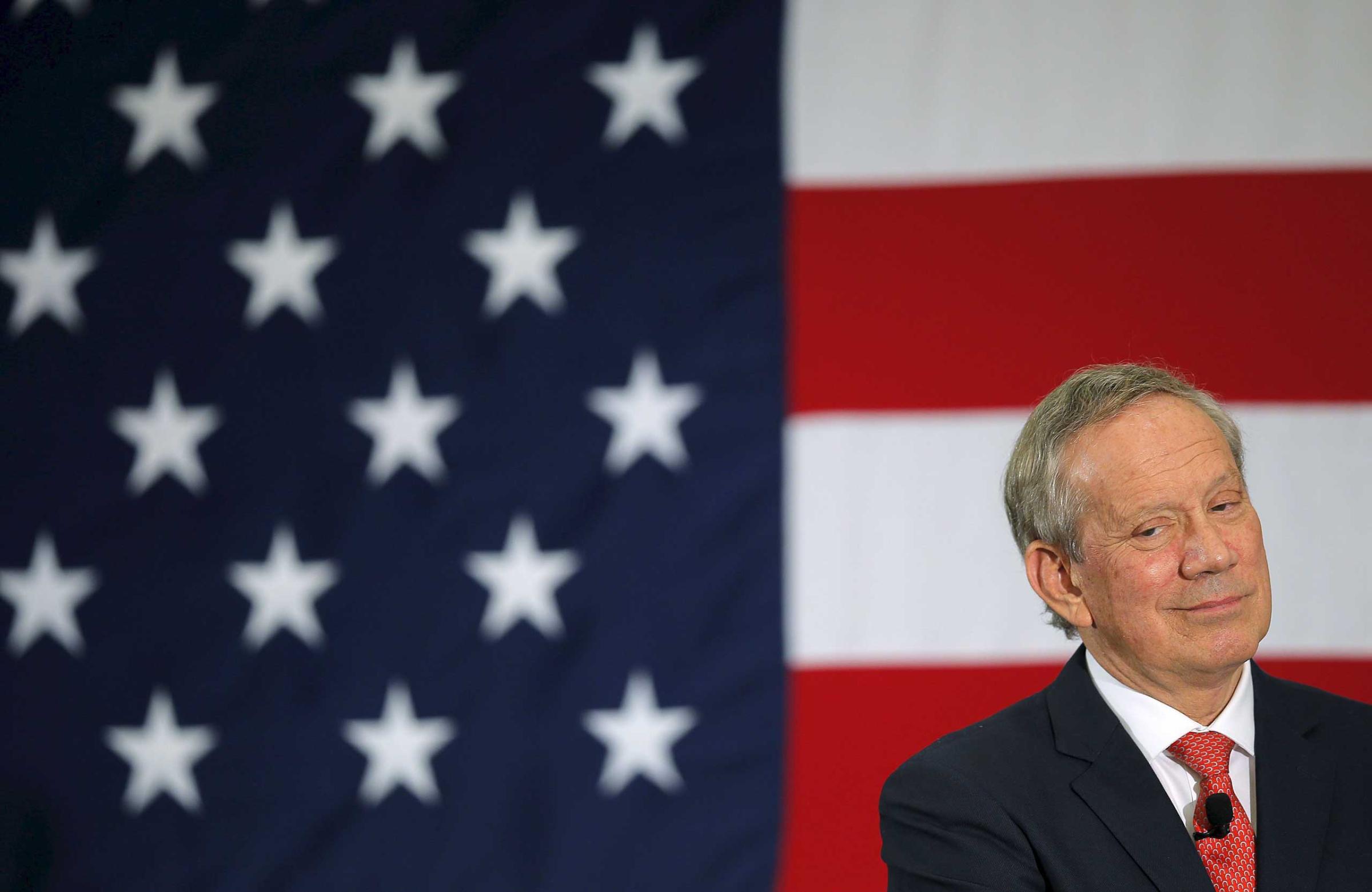
Bush said the law is designed to provide protections for people who have religious objections on all issues, including a Washington State case where a florist is being sued for refusing to service a same-sex wedding.
Rubio, a Florida Senator who is expected to announce his candidacy for President in Miami on April 13, said the statute was designed to codify religious protections rather than invite discrimination.
“I think the fundamental question in some of these laws is, Should someone be discriminated against because of their religious views?” Rubio said Monday on Fox News. “No one is saying here that it should be legal to deny someone service at a restaurant or a hotel because of their sexual orientation.”
Cruz, whose candidacy rests on appealing to the GOP’s evangelical base, praised Pence for standing up to critics of the law. “Indiana is giving voice to millions of courageous conservatives across this country who are deeply concerned about the ongoing attacks upon our personal liberties,” he said in a statement. “I’m proud to stand with Mike, and I urge Americans to do the same.”
The controversy surrounding the bill, which Pence signed last week, came to a head over the weekend as Democrats, civic leaders and an array of large businesses — including Indiana companies like Angie’s List and Eli Lilly, as well as powerful tech firms like Apple, Salesforce and Yelp — condemned Pence for signing the Religious Freedom Restoration Act. Critics contend the law would enable discrimination, particularly against LGBT Americans.
Nineteen other U.S. states have enacted versions of the law, which are similar to a federal version that passed Congress with bipartisan support in 1993 and was signed by then President Bill Clinton.
In an op-ed published Monday evening in the Wall Street Journal, Pence argued the law has been “grossly misconstrued” by critics. “If I saw a restaurant owner refuse to serve a gay couple, I wouldn’t eat there anymore,” he wrote. “As governor of Indiana, if I were presented a bill that legalized discrimination against any person or group, I would veto it. Indiana’s new law contains no reference to sexual orientation. It simply mirrors federal law that President Bill Clinton signed in 1993.”
Santorum tweeted his support of Pence, pledging to address it in a scheduled speech at George Washington University. Maryland neurosurgeon Ben Carson, a popular figure among the GOP’s Tea Party wing, also expressed support for the statute.
Wisconsin Governor Scott Walker took a different tack from his likely GOP primary rivals by declining to immediately back Pence for supporting the legislation. Walker was noncommittal on the law on Monday, saying he doesn’t see a version of the bill making it to his desk in Wisconsin and declining to say whether he would sign it.
“As a matter of principle, Governor Walker believes in broad religious freedom and the right for Americans to exercise their religion and act on their conscience,” said AshLee Strong, press secretary for Walker’s Our American Revival.
Democratic National Committee press secretary Holly Shulman blasted Bush, Rubio and Walker in a statement. “This just confirms what we already know about these three Republican presidential hopefuls, and is the most recent reminder that Republicans are focused on one thing — pursuing an out-of-touch agenda at the expense of everything and everyone else,” she said.
Former Secretary of State Hillary Clinton condemned the Indiana law on Twitter last week. But RFRA laws have previously been widely supported by top Democrats, from Clinton’s husband to then Illinois state senator Barack Obama.
Behind the Scenes of CPAC





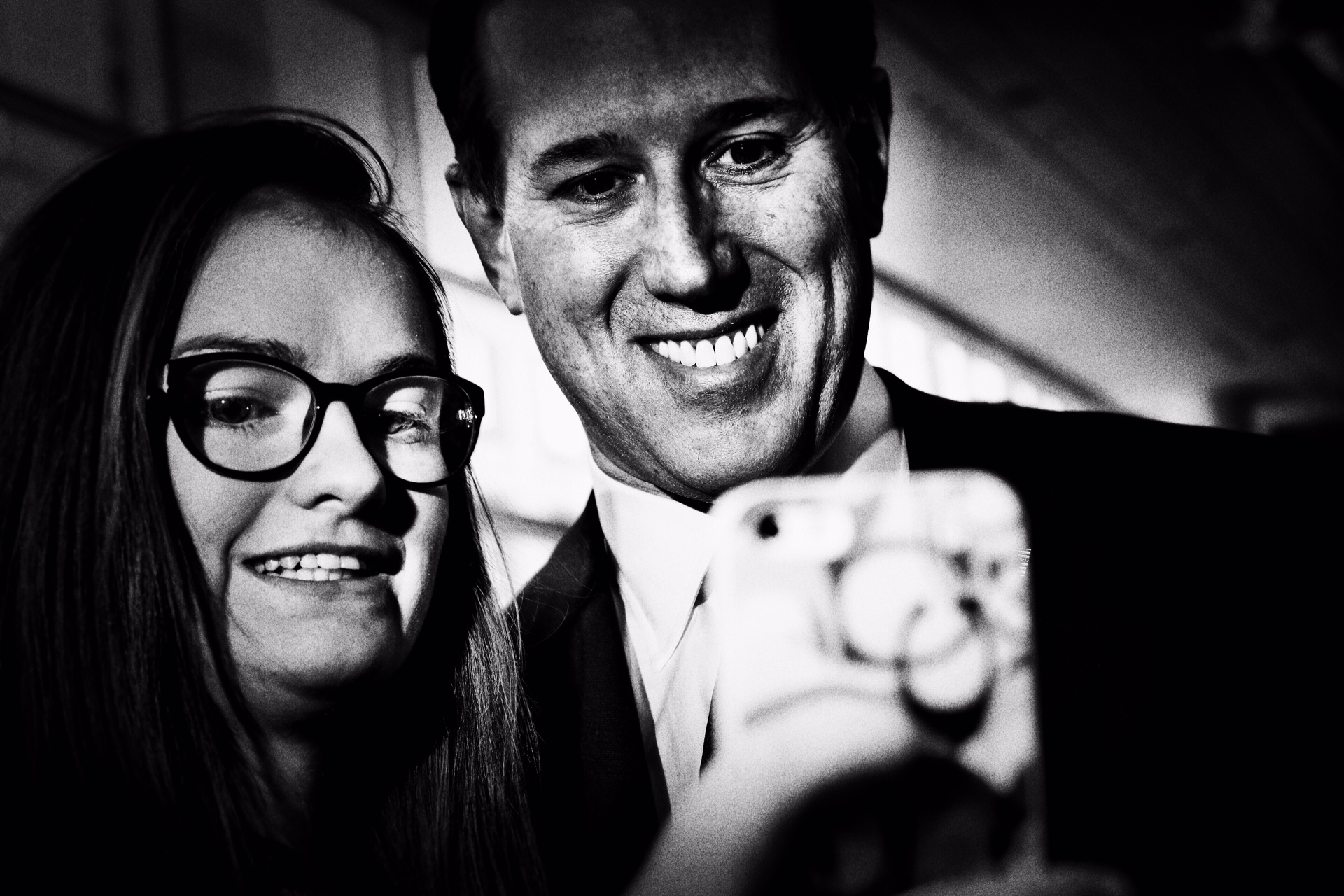


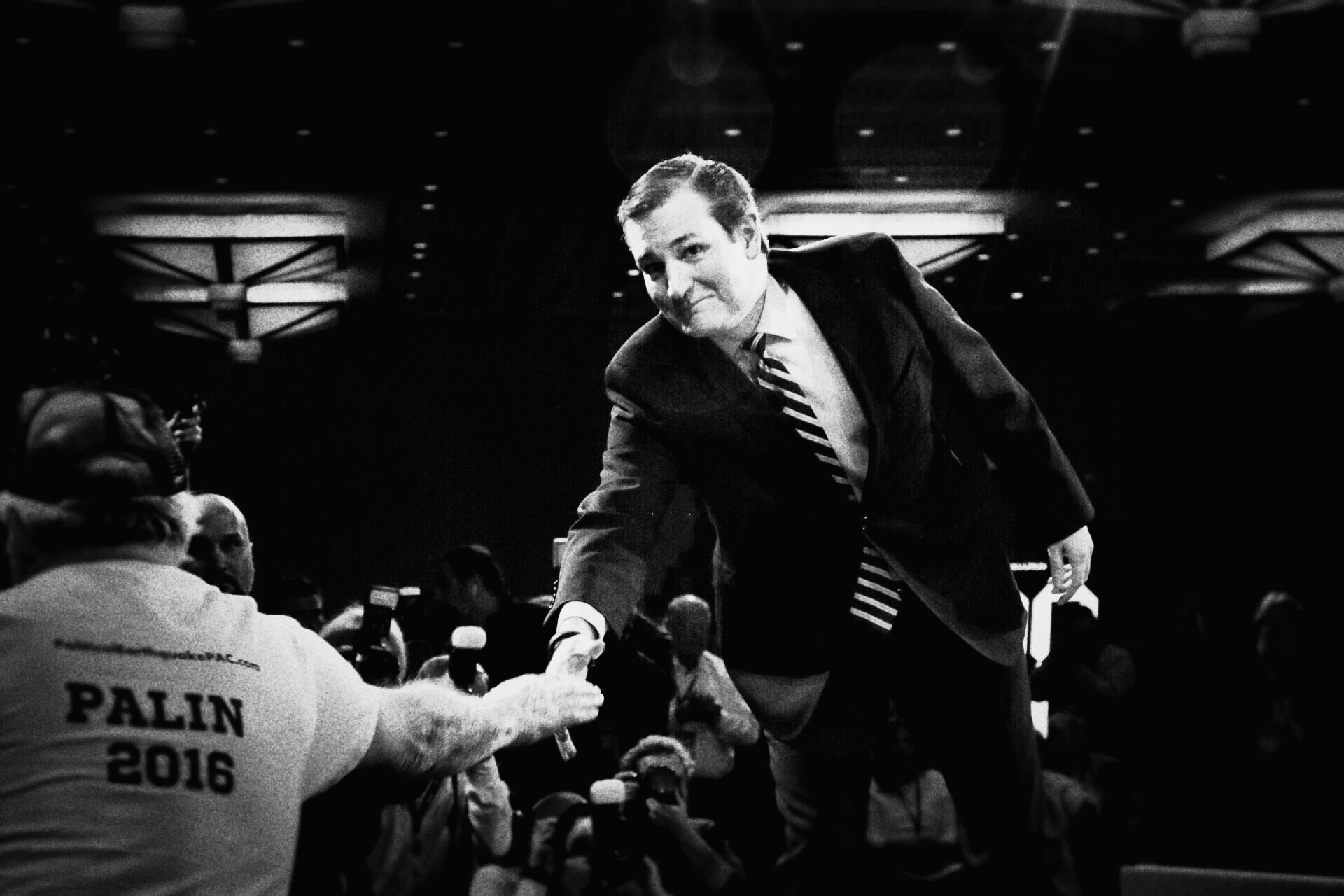
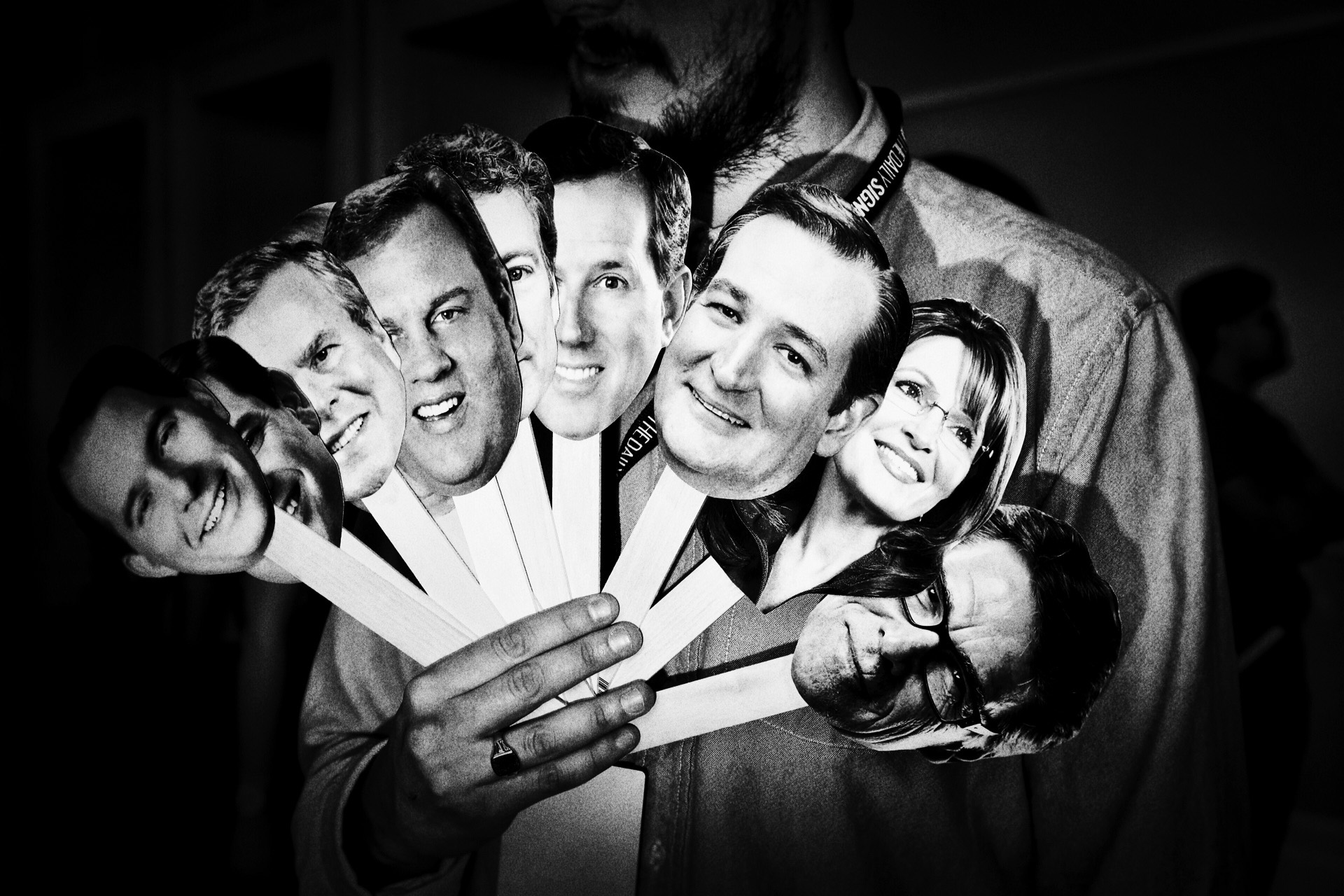
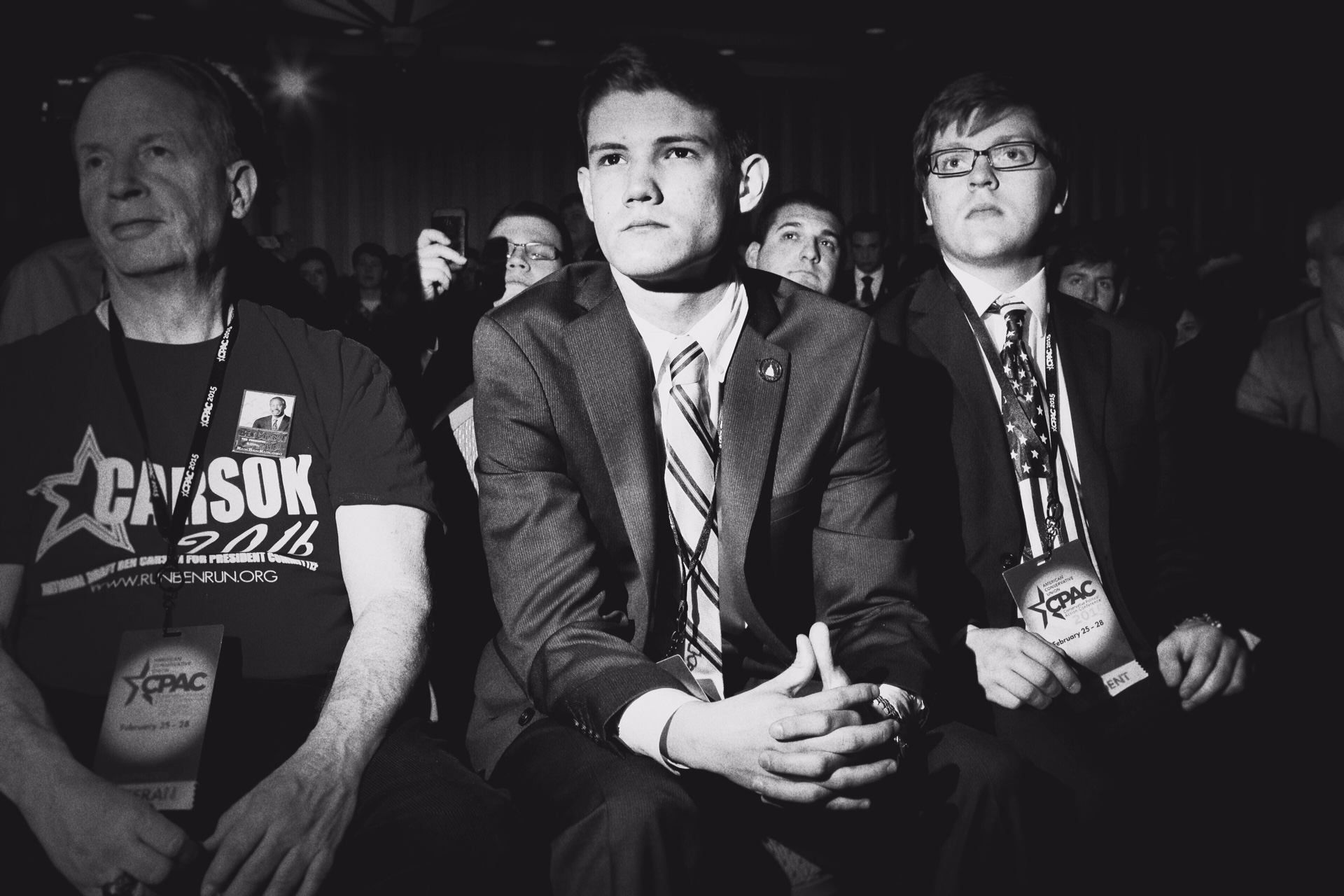

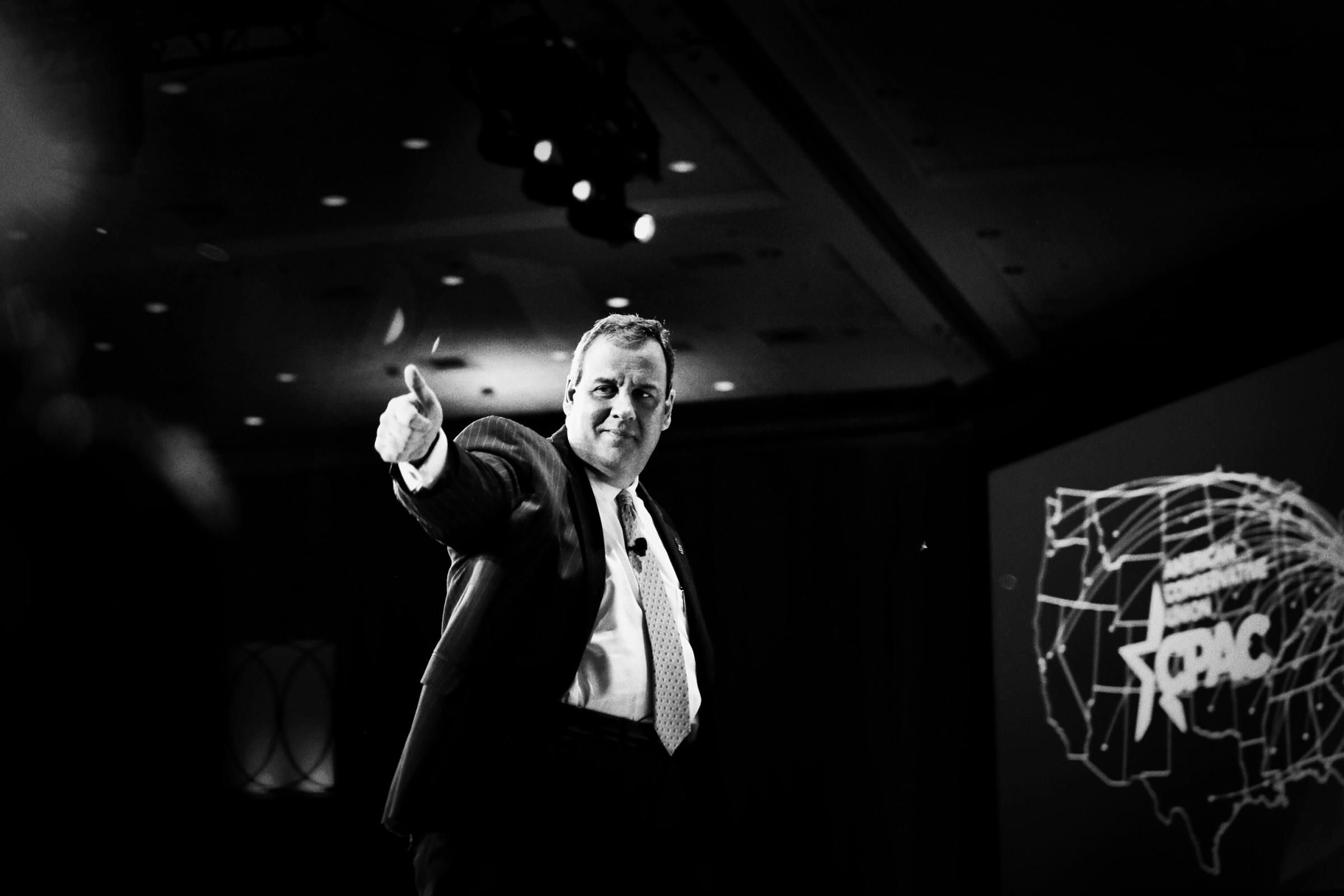
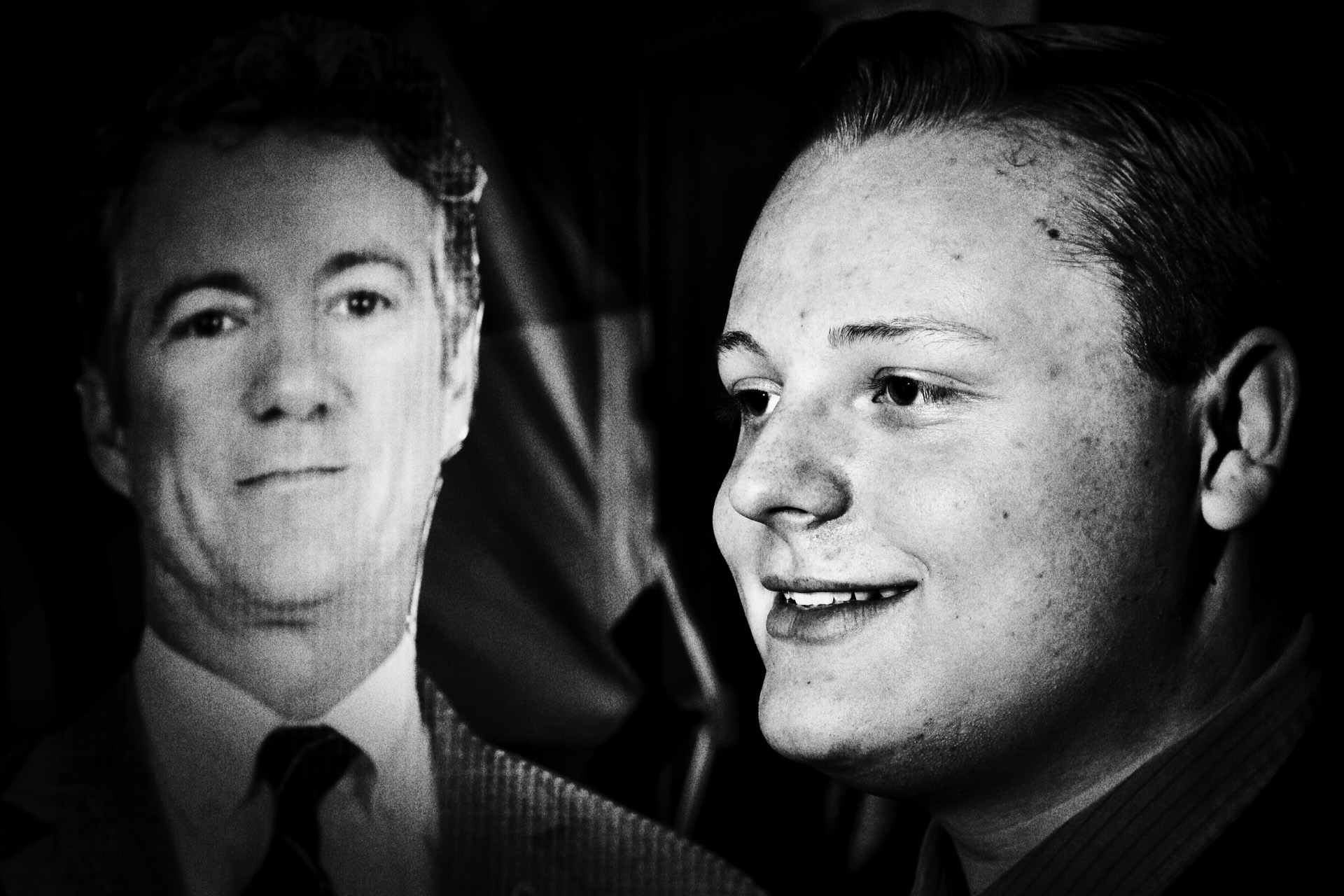
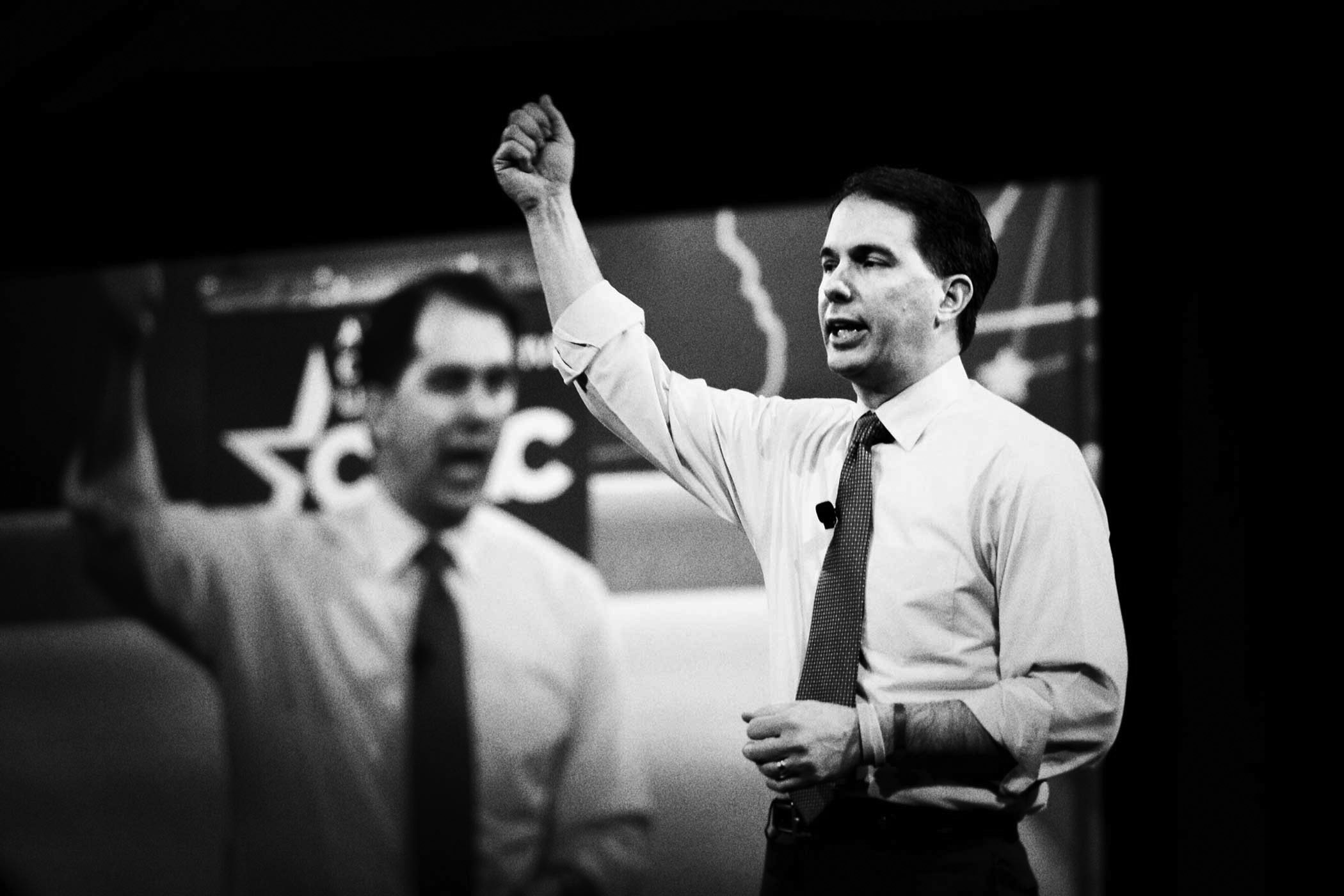
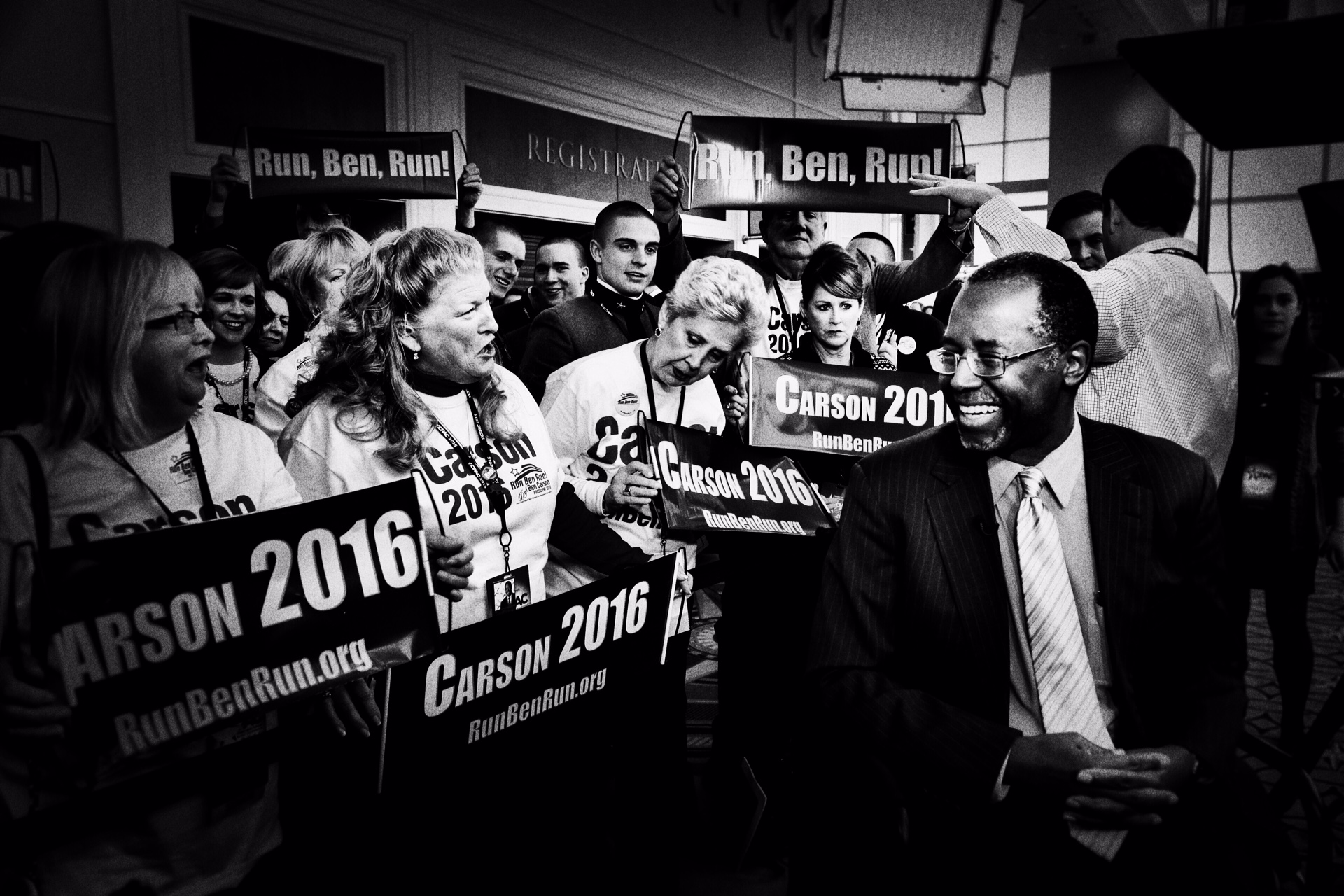






More Must-Reads from TIME
- Why Trump’s Message Worked on Latino Men
- What Trump’s Win Could Mean for Housing
- The 100 Must-Read Books of 2024
- Sleep Doctors Share the 1 Tip That’s Changed Their Lives
- Column: Let’s Bring Back Romance
- What It’s Like to Have Long COVID As a Kid
- FX’s Say Nothing Is the Must-Watch Political Thriller of 2024
- Merle Bombardieri Is Helping People Make the Baby Decision
Write to Alex Altman at alex_altman@timemagazine.com